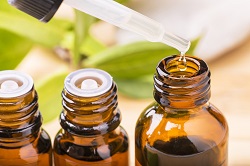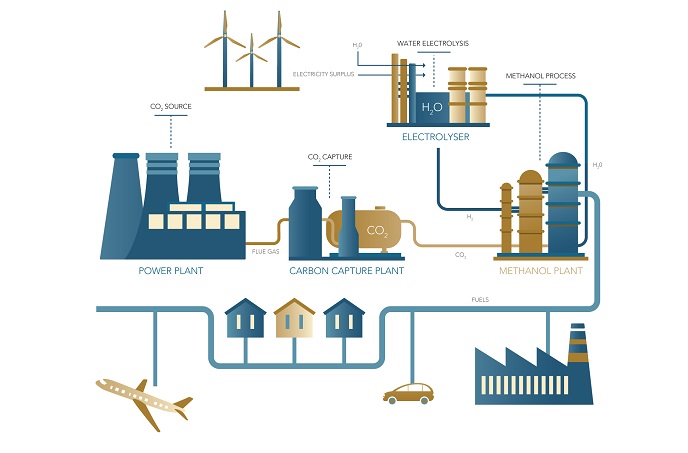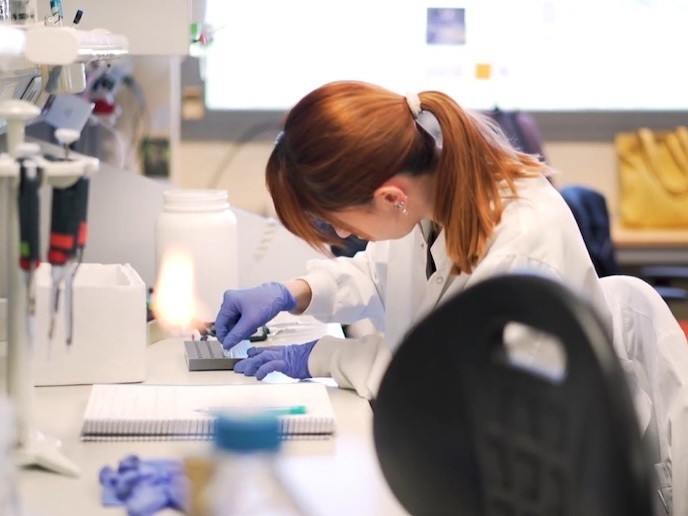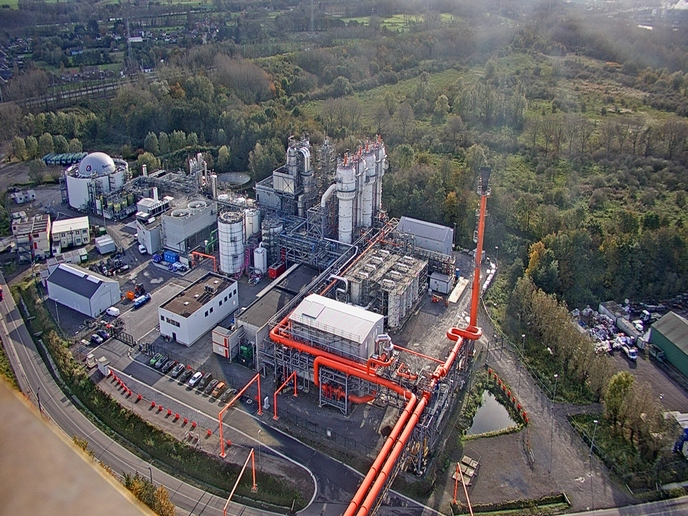Biocatalysts for more eco-friendly chemicals
In the chemical industry, catalysis plays an important role. Most chemicals synthesised industrially use catalysts to speed up the industrial oxidation process or spark it into action. However, chemical oxidations can often result in undesired environmental side effects as they use damaging solvents or toxic compounds. Oxidising materials also pose the risk of explosion or of a highly exothermic reaction. Involving 11 partners from leading European companies and universities, the EU-funded BIOOX(opens in new window) project addressed the need to develop new, eco-efficient, and safer manufacturing processes for the chemical industry and end users. Catalysts from living organisms Bioprocesses have the potential to overcome the hazardous nature and high environmental impact of current chemical oxidation processes. Harnessing chemical reactions that take place in the cells of living organisms can provide a safer and more eco-friendly way of manufacturing chemicals that delivers high-quality clean industrial products. “The aerobic biocatalytic oxidation reactions currently have the potential for the biggest impact on the future uptake of industrial biotechnology in Europe,” points out Professor John Whittall. Biocatalysis has long been recognised for its ability to provide a clean, energy-efficient and safe method for oxidative transformations that form the basis of all aerobic life. However, as Prof. Whittall explains, “Biocatalysis reactions have not been widely implemented in the chemical manufacture processes because of lack of available robust and selective oxidative enzymes.” The major challenge is that the oxidation environment is damaging to enzymes. Developing, therefore, robust enzymes of sufficient activity that can be produced at reasonable costs was the overall objective of BIOOX. Project advancements Biooxidations are characterised by relatively benign reaction conditions and exquisite selectivity, often realising transformations of precursors which are difficult to produce via traditional chemistry. Project work was geared towards developing advanced tools compared to state of the art for producing enzymes that synthesise and oxidise alcohols. New advanced bioinformatics tools enabled researchers to screen the activity of a wide range of different biocatalysts including oxidases and cytochromes P450s. After selecting diverse enzymes with predicted properties, BIOOX developed an advanced technique called ‘fermenter in a flask’ to improve the best enzyme activities and increase their yield from engineered bacterial strains. Researchers successfully demonstrated the synthesis of hydroxylated fatty acids, alkenes and oxy-functionalised terpenes via cytochrome p450 enzymes. Using alcohol-oxidase enzymes, they have also produced aldehydes in high yields. The team then experimented with advanced fermentation methods to produce the desired enzymes at a viable cost. The consortium also scaled up the newly developed reactors – batch and continuous - for evaluation by industry partners. In general, BIOOX offered new insight into the enzymes and processes that are required to develop new industrial bio-oxidation reactions. “The main focus was to perform oxidation reactions for industrial-scale production of chemicals at a low cost and to boost users’ confidence that biocatalysis is not an academic curiosity, but can be transformed in a tool for use in a number of fields,” states Prof. Whittall. Project achievements include technologies for applications in diverse markets, including chemicals and intermediates, biopolymers, consumer products, and flavours and fragrances. The advances made by BIOOX should open the way for biocatalysis to be embraced as a routine technology in the biotechnology industry, also supporting the European knowledge-based bioeconomy.







